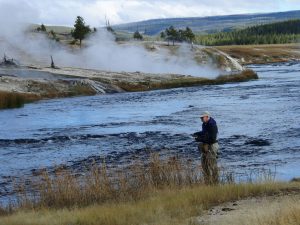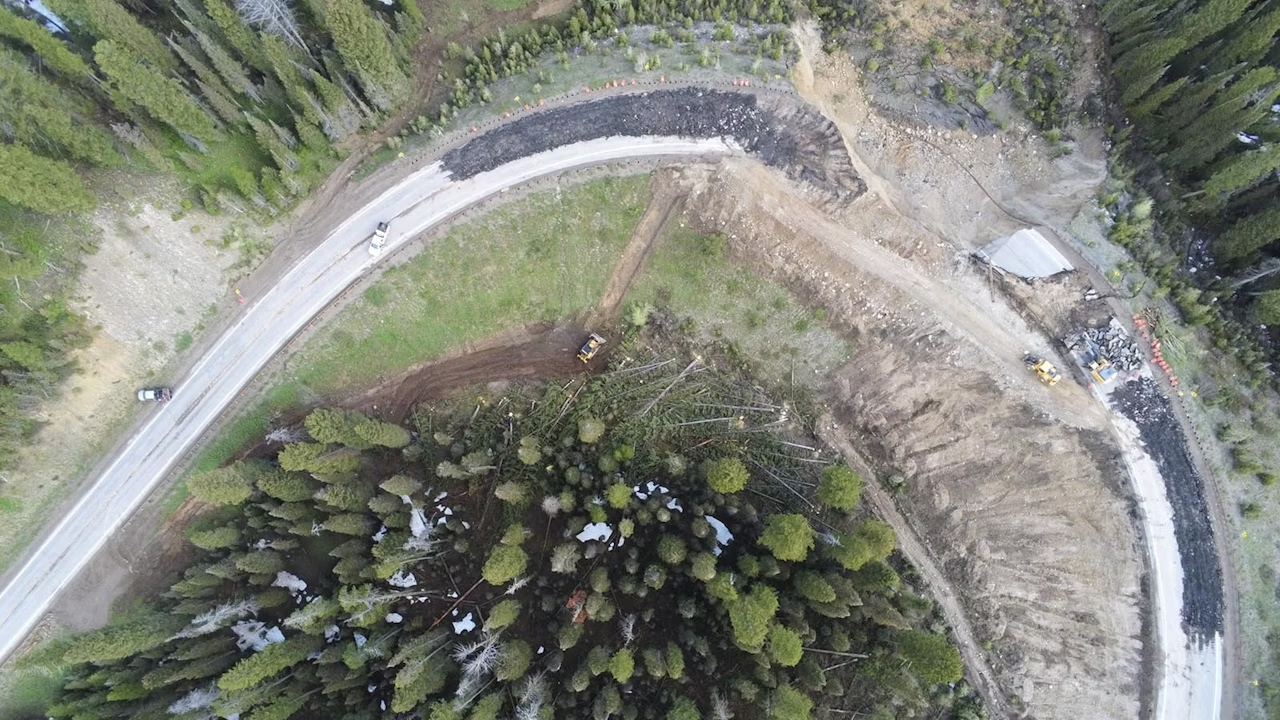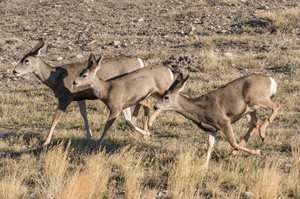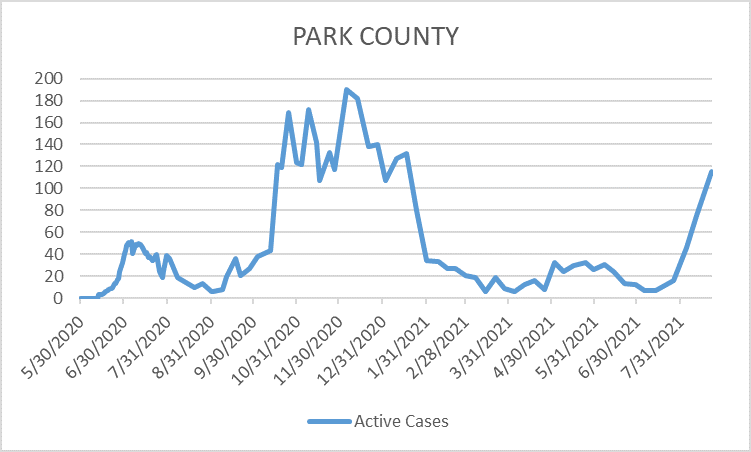Yellowstone National Park Lifts Afternoon Fishing Closure
Written by Andrew-Rossi on August 23, 2021
Anglers can fish freely during the afternoon in Yellowstone National Park, as Juky’s fishing closure is lifted as water flows increase and rivers cool down.
Officials at Yellowstone National Park lifted a fishing closure enacted last month. Now, fishing can resume in the park’s rivers and streams from sunrise to sunset as specified in the Fishing Regulations booklet.
On Saturday, July 24, Yellowstone’s waters were closed to fishing in the afternoon and evening. Fishing was prohibited from 2 p.m. until sunrise the following day.
In mid-July, water temperatures in Yellowstone were recorded exceeding 68 degrees Fahrenheit (20 degrees Celsius.) Simultaneously, flows on many rivers were closer to their historic lows.
These conditions are incredibly stressful and can be fatal to fish. The closure was enacted to protect the park’s native and wild trout fisheries during the hottest parts of the day.
Since then, Yellowstone scientists have monitored flow and temperature data of the park’s rivers and streams. Water temperatures have cooled, and flows have improved. Thermal thresholds are currently cool enough for flows and fish to reach their long-term averages.
Now, fish and anglers can safely coincide in Yellowstone’s waters – so long as everyone fishes responsibly.
Biologists are reiterating an important message for anglers: don’t play with your food. Yellowstone officials are asking anglers to skill make responsible choices while angling. This means choosing to fish during the coolest times of day and landing fish quickly.
“Do not play hooked trout to exhaustion,” says a park release. “Gently handle fish in the water as much as possible and let them recover before release.”
Yellowstone officials hint that the summer isn’t over; another fishing closure could be enacted if temperatures get high dangerously again.
“Your cooperation will protect the park fisheries and may preclude the need to prohibit fishing again this season should conditions worsen in Yellowstone rivers and creeks.”





